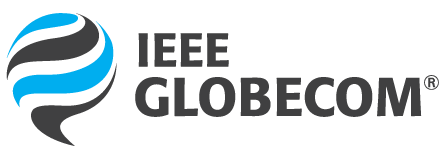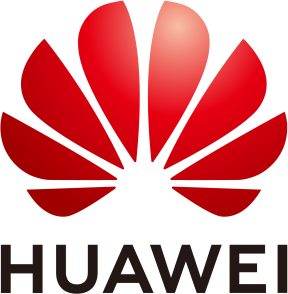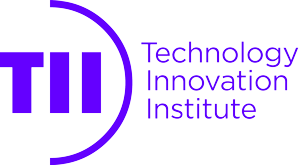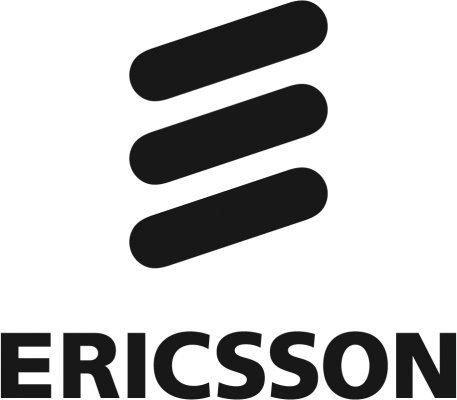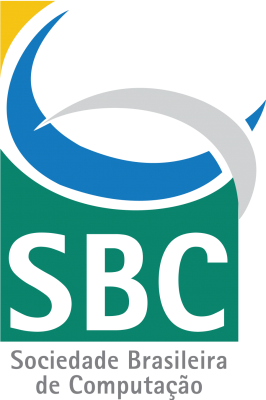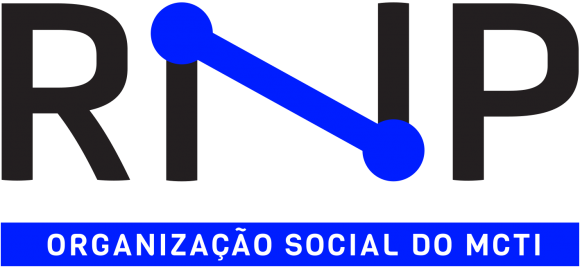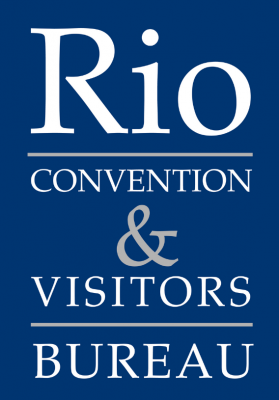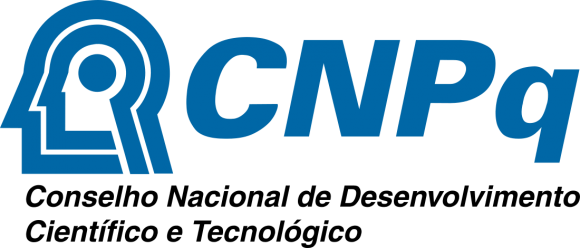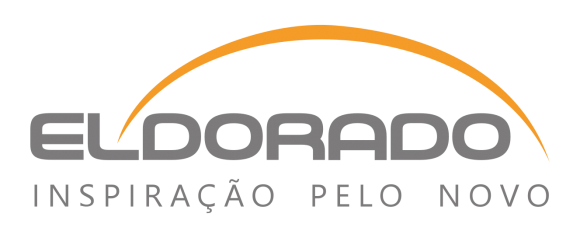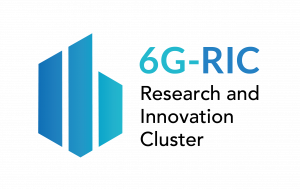+==========================================================+
Call for papers
IEEE Globecom 2022 2nd Workshop on
3rd Workshop on Network Management for 6G Communication Systems (NetMan6G)
4-8 December 2022, Rio de Janeiro, Brazil
+===========================================================+
Current ongoing deployment of 5G is regularly exposing the integral limits of the system compared to what promised during the last decade such as Ultra-Reliable Low-Latency Communication (URLLC). This pushes the research community to focus on bringing in new, innovative, relevant technologies keeping the vision of 6G networks intact. Our Futuristic world will be more digitized, Intelligent, connected and data driven as demand is growing exponentially. Futuristic services such connected Robots, autonomous vehicles, e-health, trustable food supply chain mechanisms, entertainment services broadcasting (Netflix, Amazon Prime) etc. will be highly dependent on instantaneous, virtually limitless wireless connectivity. To bring in and make super-fast connectivity sustainable, a number of research issues such as traffic congestion, URLLC, secure and trustable platforms, interference management, integrating innovative technologies are some of key subjects that need to be touched. In this particular workshop, our focus would be using some core key technologies (Quantum Internet, Blockchain, Machine Learning, Artificial Intelligence etc.) to minimize traffic congestion in the 6G networks as it is predicted that 10,000 times traffic will Increase in the next decade.
We aim to bring together academic researchers, industrial practitioners, and individuals working on this emerging exciting research areas to share their innovative ideas, latest findings, identify and discuss potential use cases, open research problems, technical challenges, and solution methods in this context. Topics will include diverse set of areas related to 6G but not limited to;
- Network management using Network Slicing, SDN and NFV
- Open Radio Access Network (ORAN)
- Zero Touch Networks with 6G, AI and Blockchain
- Advanced Machine learning, Deep learning, and AI solutions to improve network traffic
- Congestion control techniques in improving user experience in Internet of Things (IoT), Cloud, Edge Computing Networks
- Quality of Service (QoS) issues such as Dynamic Resource Allocation, Spectrum Allocation, Energy Efficiency
- Futuristic paradigms for advanced use cases; adopting blockchain, quantum communication etc.
- Handling Traffic congestion in social networks
- Parameters like Interoperability, heterogeneity, and bandwidth in congested networks
- Visible Light Communication/Free Space Optics for Traffic Control
- Unmanned Aerial Vehicle (UAVs)/Internet of Drones with focus on Traffic Congestion
- Emerging cellular architectures for Traffic Congestion
- Massive MIMO/Cell free Massive MIMO for Traffic Congestion
- Internet Traffic Offloading Mechanisms using AI, Blockchain, Machine Learning
Keynote Speaker
Carles Antón-Haro holds a PhD in Telecommunications Engineering from the Technical University of Catalonia (UPC) and an MBA from EADA Business School. He is a Director of EU R&D Programmes and Industry Contracts and Research Director at the Centre Tecnològic de Telecomunicacions de Catalunya (CTTC). Main duties, in addition to his daily research activity, include the overall coordination of CTTC’s participation in R&D projects and technology transfer activities, networking activities towards the establishment of strategic alliances, and formation of research consortia with the industry and academia. He is an elected member of the Steering Board of the Networld2020 European Technology Platform and the Governing Board of the 6G Infrastructure Association (2020-present time) where he also chairs the Working Group on 5G Trials. Since 2001, he has promoted or coordinated over 80 R&D projects or proposals and has been directly involved in some of them. Carles is an appointed member of the International Scientific Advisory Board of the Internet Interdisciplinary Institute (IN3, Open University of Catalonia, 2017-present time).
His major fields of specialization are statistical signal processing, machine and deep learning for communications and related fields, (beyond) 5G/6G communication systems. He has published +130 technical papers in journals, books/book chapters and in international conferences. He has supervised 6 Ph.D. Theses and served as a reviewer for various international R&D funding agencies.
He is also very actively involved in the organization of major conferences and workshops such as the IEEE Wireless Communications and Networking Conference 2018 (General Chair), the European Signal Processing Conference 2011 (General Vice-chair), or IRACON’s Training School on Machine/Deep Learning for beyond 5G networks (Co-chair, 2019). He is an appointed member of the Steering Board of the IEEE Wireless Communications and Networking Conference (WCNC, 2019-2021).
Keynote Talk: Towards 6G Radio Interface Design: Key Enablers and the Role of AI/ML
Abstract: As 5G deployments get underway, the focus of wireless research is shifting towards the definition of 6G. In this process, key enablers and sophisticated technologies such as Terahertz communications, ultra-massive MIMO, or network virtualization and disaggregation are coming into play. Their adoption will boost network performance and, by doing so, enable futuristic use cases such as holographic communications, tactile internet for remote operations, or massive connectivity. However, efficiently running 6G networks will become increasingly complex. To manage such complexity, higher automation levels will be needed. In fulfilling these goals, Artificial Intelligence and Machine Learning (AI/ML) techniques are called to play a pivotal role.
This presentation will discuss how AI/ML and statistical learning techniques can be leveraged for the design 6G radio access networks. Selected research results will be presented with emphasis on novel designs for physical and lower layer functionalities. This includes novel random-access schemes powered by deep reinforcement learning, data-driven beam selection for hybrid beamforming, user clustering strategies for MIMO-NOMA networks, or hierarchical beamforming approaches for random access channels, among others.
This workshop is also sponsored by the “RECENT (Ultra-Dense Unsupervised Heterogeneous Wireless Cloud Coded Networks for 5G/B5G)- Grant agreement ID: 823903 Project”.
